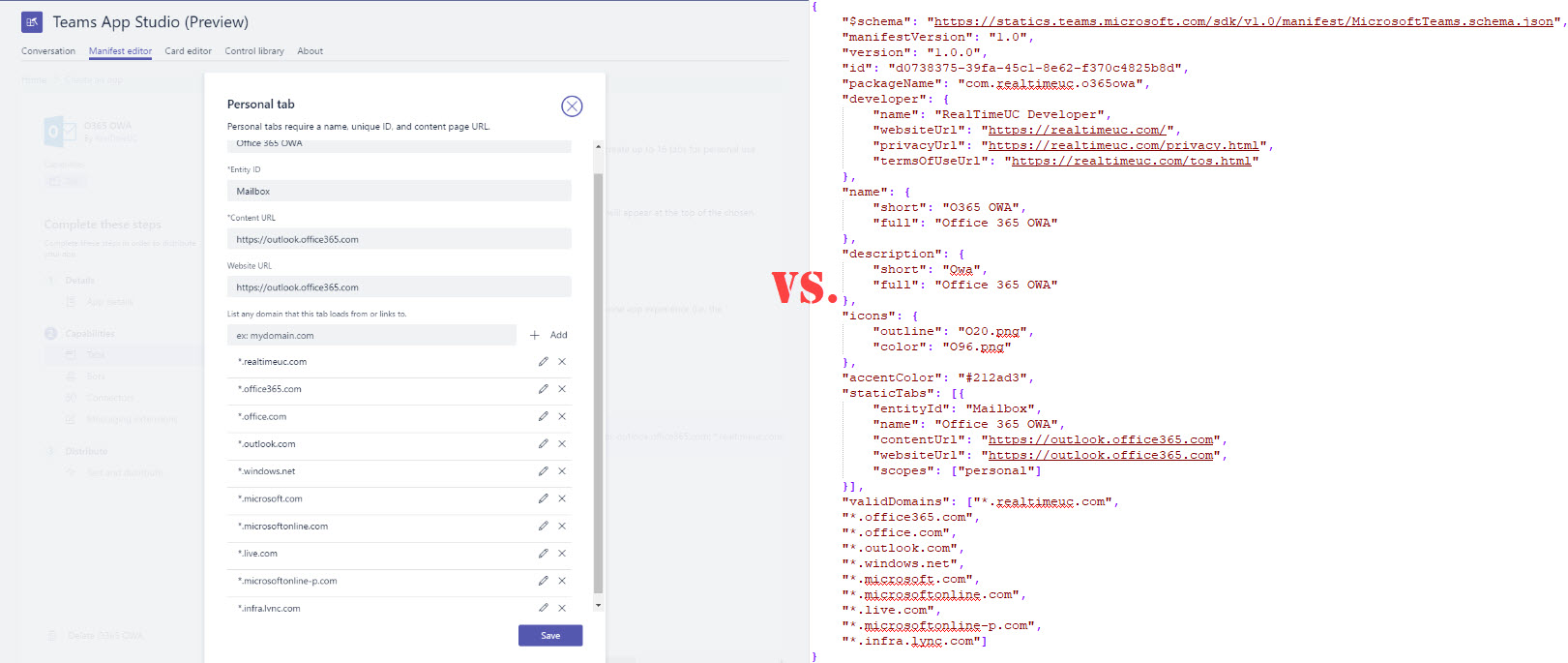

With these tokens, attackers can assume the token holder’s identity for any actions possible through the Microsoft Teams client, including using that token for accessing Microsoft Graph API functions from an attacker’s system.

While credential harvesting from memory is a common post-exploitation step, we believe that lowering the bar necessary to harvest creds down to just simple read access to the file system expands opportunities for an adversary, simplifies their task, and is particularly interesting when stolen credentials offer an opportunity to retain user access unencumbered by otherwise pesky Multi-Factor Authentication (MFA) speedbumps. This plaintext credential management was determined to impact all commercial and GCC Desktop Teams clients for Windows, Mac, and Linux.

In August 2022, the Vectra Protect team identified a post-exploitation opportunity allowing malicious actors with sufficient local or remote file system access to steal valid user credentials from Microsoft Teams due to their plaintext storage on disk.


 0 kommentar(er)
0 kommentar(er)
